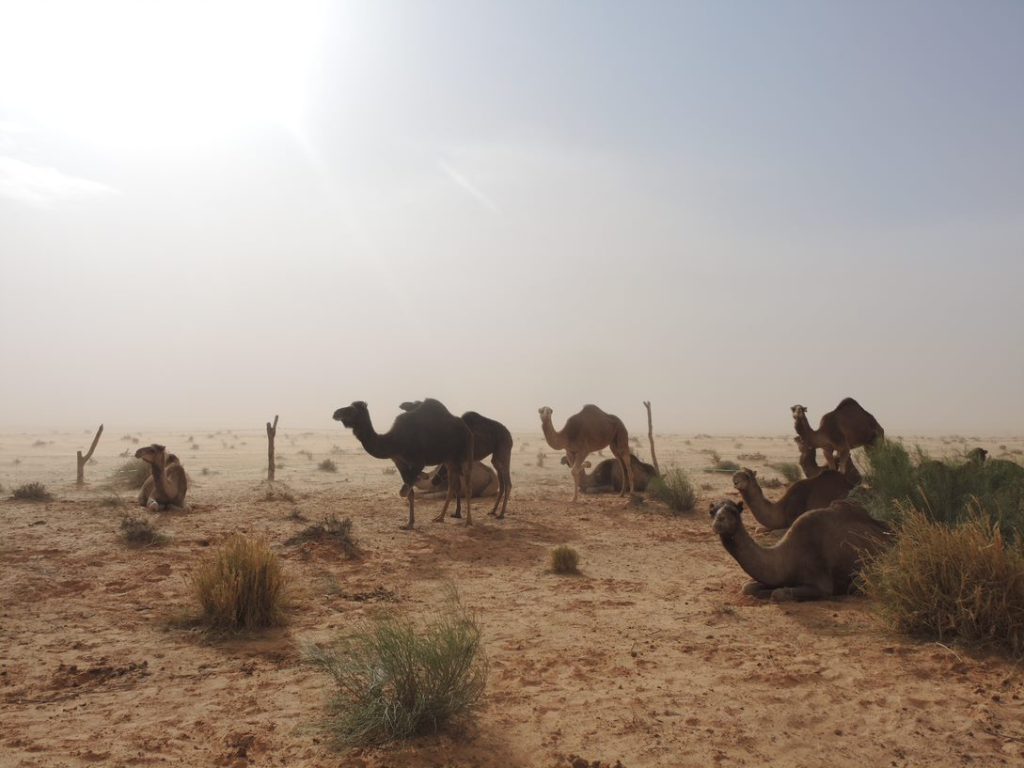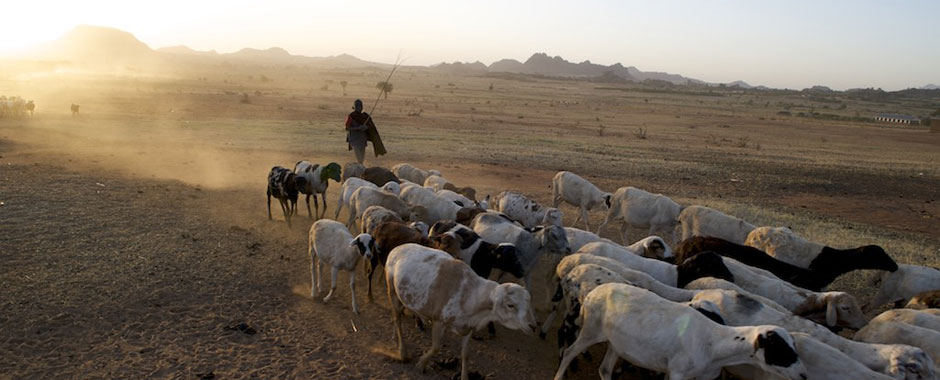By Ian Scoones and PASTRES
David Attenborough’s mission to restore the balance of nature in the documentary A Life on Our Planet: My Witness Statement, is at once inspiring and concerning. What if the balance of nature doesn’t exist? What if this mission is misplaced?
PASTRES lead researcher Ian Scoones, in a recent article for Nomadic Peoples, refers to the experience of Pastoralists to challenge the notions of the film, especially around the focus on stability and balance. Attenborough argues that the collective ‘we’ must ‘work with nature rather than against it’. Nature will and must endure, he proclaims: stability will be restored, with or without humans.
However, lessons from dryland pastoral areas have long shown that the ‘balance of nature’ does not exist: rather, disruption, variability and instability are the norm. Shocks and stresses will always disrupt, something which pastoralists have long had to live with and adapt to through flexible movement, skilled herding and livestock management.

Natural systems are very often not at equilibrium, meaning that we cannot predict what will happen in the future with any certainty. The refrain in the film that science predicts what will happen in ten, twenty, thirty, a hundred years may not turn out to be the case. Uncertainty, and even ignorance, dominate. While this is no argument for denying the very real challenges of climate change and biodiversity loss highlighted by the film, we know much less about the future than is frequently claimed. Films made thirty years ago about pastoralism frequently predicted its demise, but resilience through adaptation and transformation is a key feature of human innovation and ingenuity.
Pastoralists have proved brilliant at addressing the challenges of dryland areas over millennia. Yet they are often cast as the enemy of sustainability, causing environmental destruction and following ‘backward’ lifestyles. Diagnoses of environmental challenges too often fail to understand the specificities of human–non-human relations in dryland areas. By accepting instability, variability and non-equilibrium dynamics and seeking out autonomously-defined limits, based on local knowledge and an embedded ethics of care, alternatives can instead emerge based on how pastoralists see, manage and value the world.
